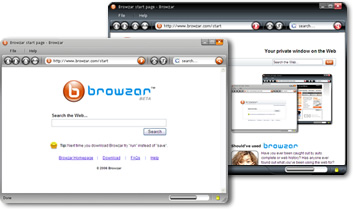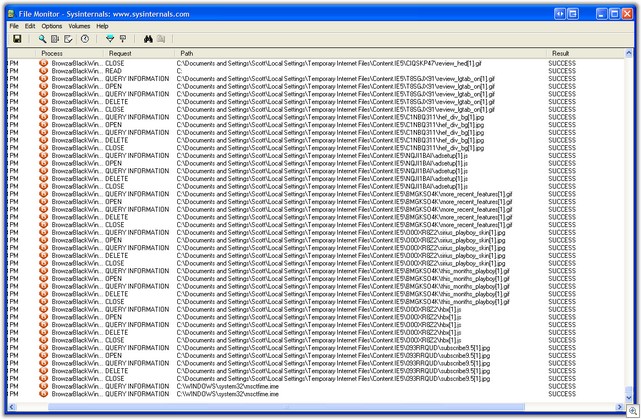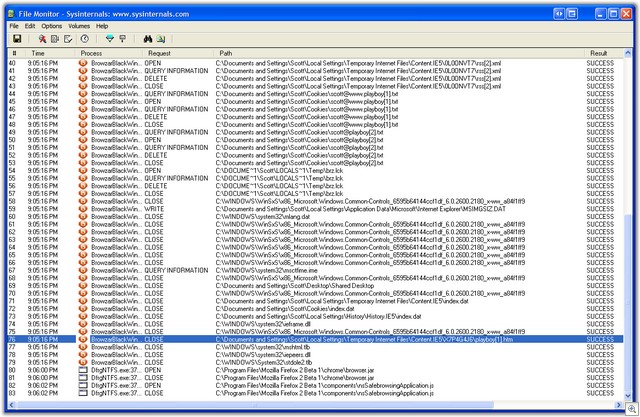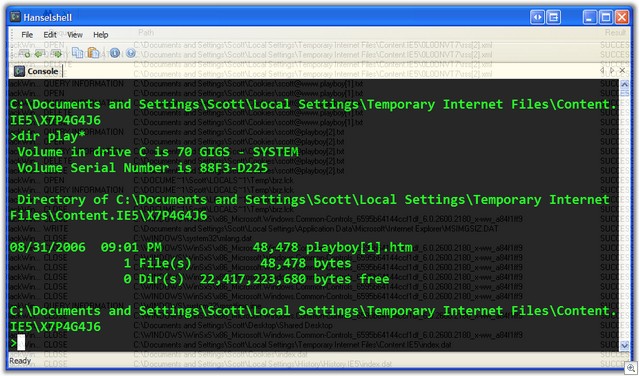A New Private Browser - I mean Browzar - does not work as advertised
 UPDATE: Looks like I was mentioned on the BBC. I'm afraid they miss the point:
UPDATE: Looks like I was mentioned on the BBC. I'm afraid they miss the point:
However, some computer experts say they have already identified flaws in Browzar. Scott Hanselman, writing on his blog Computer Zen, claims to have been able to find records of websites he had visited with the program installed.
"Browzar, at least this version, is totally not doing what it says it does," he writes.
The newly released software is entering a market dominated by Internet Explorer.
Of course, the joke here is that Browzar is a wrapper around Internet Explorer.
I had a 2 gig USB Drive, but it was huge and I didn't use it as much as I could. Then I picked up one of these OCZ 2GB Flash for $40 $31 after rebate (that's not a typo!) at Omar's recommendation. It's freaking small.
Then I secured it - you'd be a fool not to, IMHO. Now I'm getting all my Portable Apps moved over to it as well.
Portable apps mean that they can be run directly from a USB Drive without installation. There's a portable version of Firefox, for example.
However, I noticed this little browser, called Browzar, mentioned in this InformationWeek article, that is a single 265k EXE that basically wraps IE 5.5 or above (works fine with 7.0) and is a "private browser." That means it doesn't save cookies or history or autocomplete. Sounds like a convenient thing to have on one's USB drive if one didn't want to leave (blatent) footprints.
Well, since it's hosting IE, I want to see what it's doing. So, I fired it up and visited the naughtiest site I could think of, Pl*yboy, while running Filemon. Here's a screenshot of the cached naughty gifs going in my Temporary Internet Files folder. Notice that Browzar deletes the gifs as soon as it sees them.
Then I closed the browser...You can see here that it deleted a bunch of cookies and such, trying to clean up. However, while it deleted the cookies, it didn't delete the page itself, just closed it.
Notice here, later, I find the file in my IE Cache:
So, Browzar, at least this version, is totally not doing what it says it does. That's a bummer. Maybe next version.
About Scott
Scott Hanselman is a former professor, former Chief Architect in finance, now speaker, consultant, father, diabetic, and Microsoft employee. He is a failed stand-up comic, a cornrower, and a book author.
About Newsletter




 My
My 

